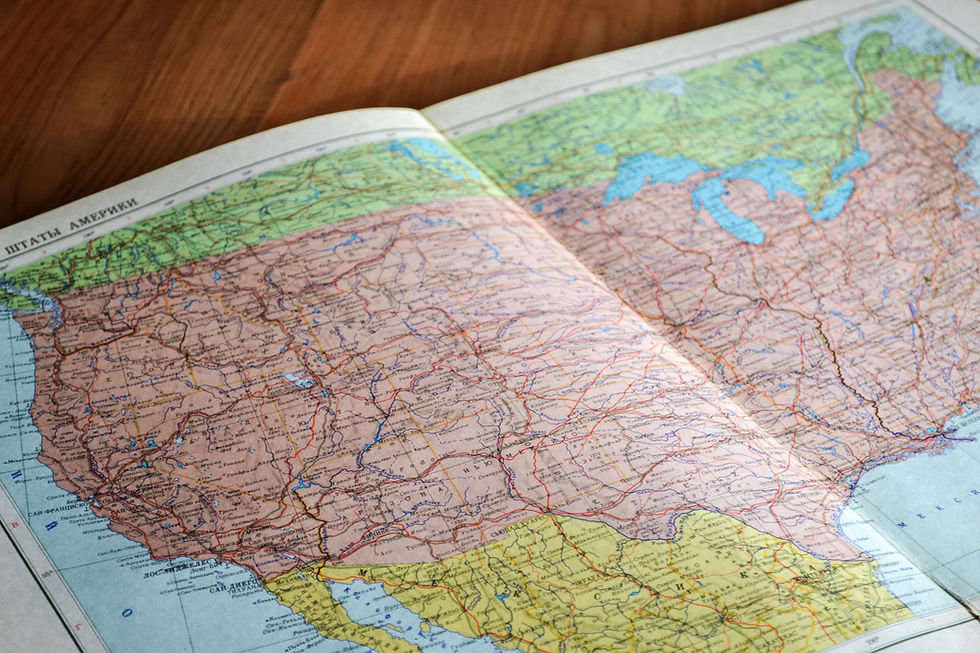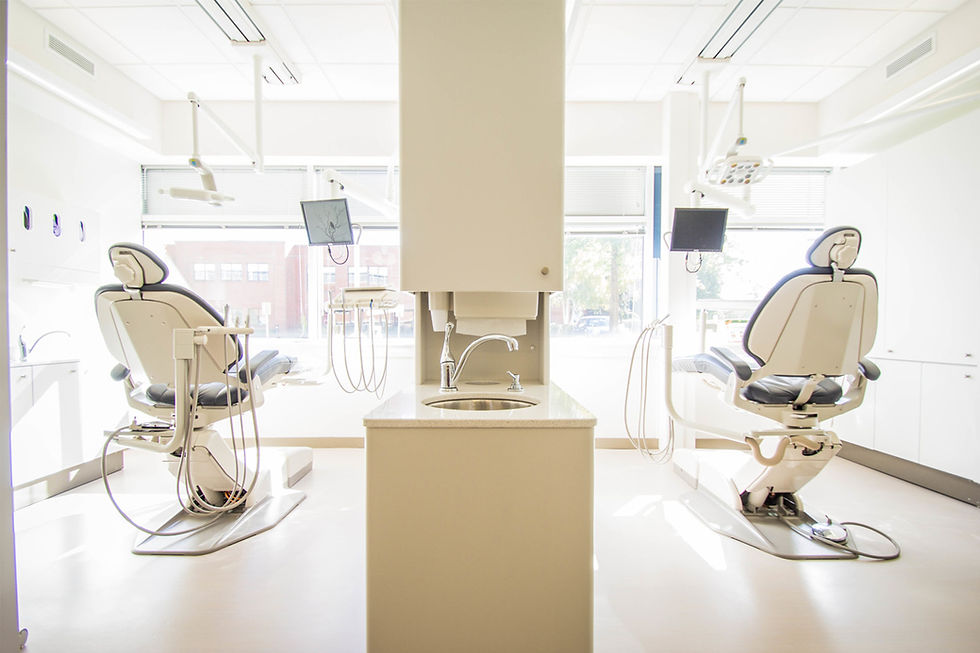Some of the most commonly asked questions we get are: "How do I build a list of dental schools to apply to?" or "What school should I ultimately pick to attend?"

Given the current ADEA AADSAS application fees ($297 for first dental school and $112 for each additional program), it is easy to see how the application process can quickly become expensive, especially if a student is simply selecting programs haphazardly. Don't forget that additional funds will be needed to travel once interviews roll out, unless the programs you are applying to are holding virtual interviews due to COVID-19. In addition, depending on each applicant's residence and academic stats, some programs may simply not be worthwhile to apply to. For example, it is well known that some of the Texas programs are extremely difficult to gain acceptance to if you are an out-of-state applicant.
In this article, I'll attempt to identify three pertinent factors you should consider in building a list of programs. Of course there are many more elements to keep in mind.
Disclaimer: These are generalizations I have drawn from my own experience, with your best interest in mind. Obviously, the ultimate decision is your own.
1) Cost of the Program:
It's no secret that dental programs are expensive in this day and age. In fact, this high tuition is actually steadily increasing each year. Long gone are the days when you can become a dentist for a just couple thousand dollars (like some of my faculty from the 60s). Nowadays, most programs will cost anywhere from 250k-500k. As you can imagine, the financial trajectory of a graduate indebted with 500k will differ dramatically than one owing 250k. Also, every pre-dental student should consider the impact of debt on their future lifestyles and future acceptance of financial risk (e.g. investments, buying your own practice, buying a house...etc.)
Having spoken to multiple dental professionals across all disciplines, the number one advice they have given me is to try and get into the most affordable program possible. They argue that no other factor should weigh heavier and the rationale is that at the end of the day, most new dental graduates will be roughly the same in terms of clinical competency. So why pay more than necessary? "Besides," these clinicians would add, "the real learning usually comes once you start to work in private practice."

So what are the most affordable programs out there? Usually these will be your in-state, public schools. For example, as a California resident myself, the two most affordable programs in my state are UCSF (which I attend) and UCLA. Every other dental school in California is considered a private school (e.g. USC, WesternU, UOP*) and will likely yield a more expensive yearly tuition. Similarly, if I choose to attend a school outside California, tuition will undoubtedly be higher since I will be paying "out-of-state" prices.
Though every program is competitive to get into, one can see why perhaps the more affordable programs are in "higher demand" and may therefore be more "competitive" to obtain a spot. Don't believe me? Search on Student Doctor Network's pre-dental forums and you will find that many others believe the same. This is why I encourage every student to prepare the best application possible especially if finance is of particular concern to you, as it was to me. Luckily, our blog is founded to help you do just that, so please check out the rest of our site.
Given all of the above and a super tight budget, it might be prudent to not even apply to schools that are just so insanely expensive, such as USC or NYU, especially if the student has a very competitive application. The exception of when a student doesn't need to consider the financial aspects is if he/she has outside support (i.e. family help, military scholarship, community service scholarship programs).
*Since UOP is a 3-year program, there is one less year of tuition.
2) Location:
Considering that you will have to live reasonably close to the dental school you attend, you should make sure that you will be completely fine with being in a certain location for the next 3-4 years. Conversely, if for some reason you just cannot see yourself being happy living on the East Coast, for example, then perhaps it is moot point for you to be applying to the programs there, unless you have extra money to spare.

So try to ask yourself honestly whether you can tolerate being in a certain location. Are you absolutely in love with the idea of living in a metropolitan city? Or maybe you love surfing and you must remain near the coast? You can reach out to dental students who attend a particular program to ask how they feel about being in that area. Likewise, it's a good idea to get an idea on how expensive the cost of living is. For example, even though UCSF's tuition is one of the most affordable, the cost of living in San Francisco proper is generally agreed upon to be absurdly expensive. This ties in to factor number one mentioned above. And although it can sound "lame," students should at least look into the possibility of living at home or with a family member to offset the cost of living if it is too high.
3) Education:
While I mentioned previously that most students will graduate with similar levels of clinical competency, some students may also want to consider each program's educational focus. For example, some schools are known to be very clinically heavy, while a different curriculum may have be more didactically-intense. A common generalization here in San Francisco, where there are two dental schools in our city, is that UOP's students spend more time being trained clinically, whereas UCSF's students have more opportunities for research or other extracurricular activities important for those who may want to pursue academia or a post-graduate specialty.

Again, the best way to find all this out is to speak with people who are in the thick of it. Reach out to dental students or graduates of a particular program. An added bonus to discovering the unique aspects of a school is that it will also allow you to answer questions from secondary applications more readily and better prepare you for a future interview.
After all is said and done, as someone who has just completed dental school, I will still suggest that the most important factor is probably going to be the cost, although I'm sure some will disagree. You are free to make your own decisions, but consider collecting the opinions of practicing dentists if that is congruent to your end goal. If, however, your aspiration is to become the dean of a dental school or heavily involved in academia, then there may be an argument for shooting your shot with the Ivy Leagues (e.g. Harvard, UPenn, Columbia...etc.)
If you want personalized guidance on building a school list or critique in any part of your personal statement, please check the "Get Our Help" page.
If you found this information to be valuable, please show your support by donation and/or sharing our website with someone else you think would benefit from our advice.
We'd love to connect with you and answers questions! Follow us on instagram: @thepredentalguide and @orthodon.pics.
Komentar